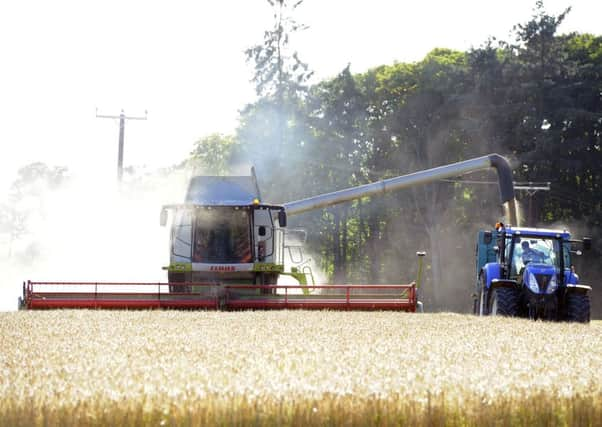Cereal growers urged to join plant protection campaign
This article contains affiliate links. We may earn a small commission on items purchased through this article, but that does not affect our editorial judgement.


And at Cereals 2017 – the UK’s largest arable event – farming organisations yesterday renewed their call for these important decisions to be based on firm scientific principles and evidence rather than politics and social media campaigns.
• READ MORE: Farming news
Over the next six months, the future of 26 active ingredients will be decided in Brussels, with the outcome hinging on how the EU decides to define endocrine disruptors.
Advertisement
Hide AdAdvertisement
Hide AdOver the same period, final decisions are expected on proposals for a total ban on the use of neonicotinoids and on the reauthorisation of glyphosate. The outcome of these key decisions would, it was claimed, have a major effect on the availability and effectiveness of the chemical control measures which make crop growing a viable activity.
English NFU vice-president Guy Smith said at the event that it was crucial for the industry to make the case for the continued use of these products to politicians – and to highlight the damage which bad decisions would have on both farming and food supplies.
Figures released on the eve of the event by leading economic research house Oxford Economics and agriculture specialists the Andersons Centre claimed that banning some of the commonly used crop sprays would have a “potentially devastating” effect on UK agriculture and on the country’s economy.
Looking at the effects of losing glyphosate alone, the report predicted that UK growers could see their output reduced by close to £1 billion and see wheat production fall by 20 per cent.